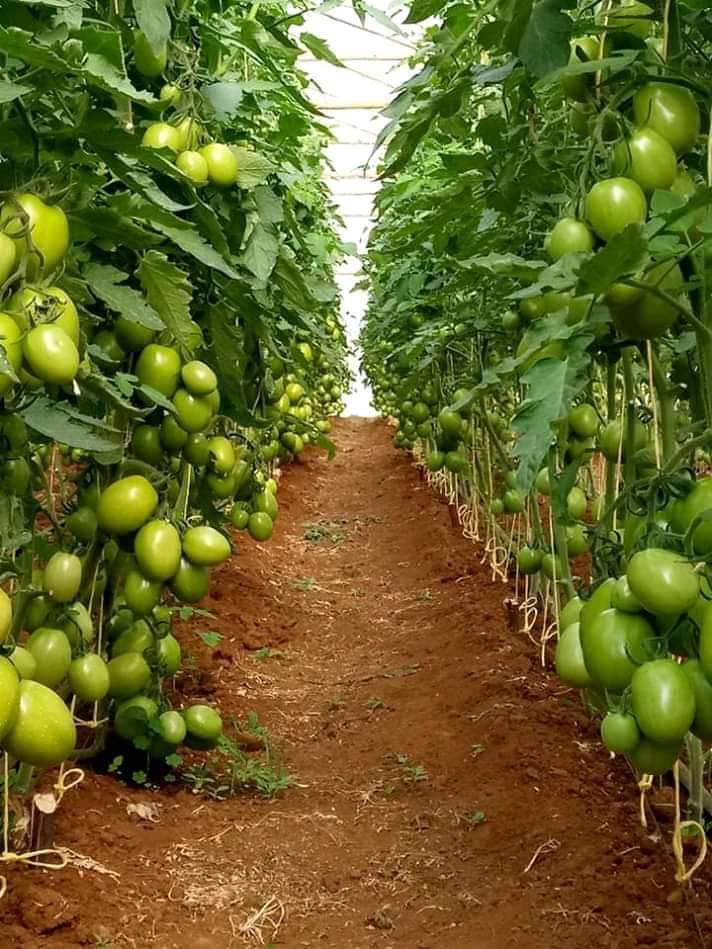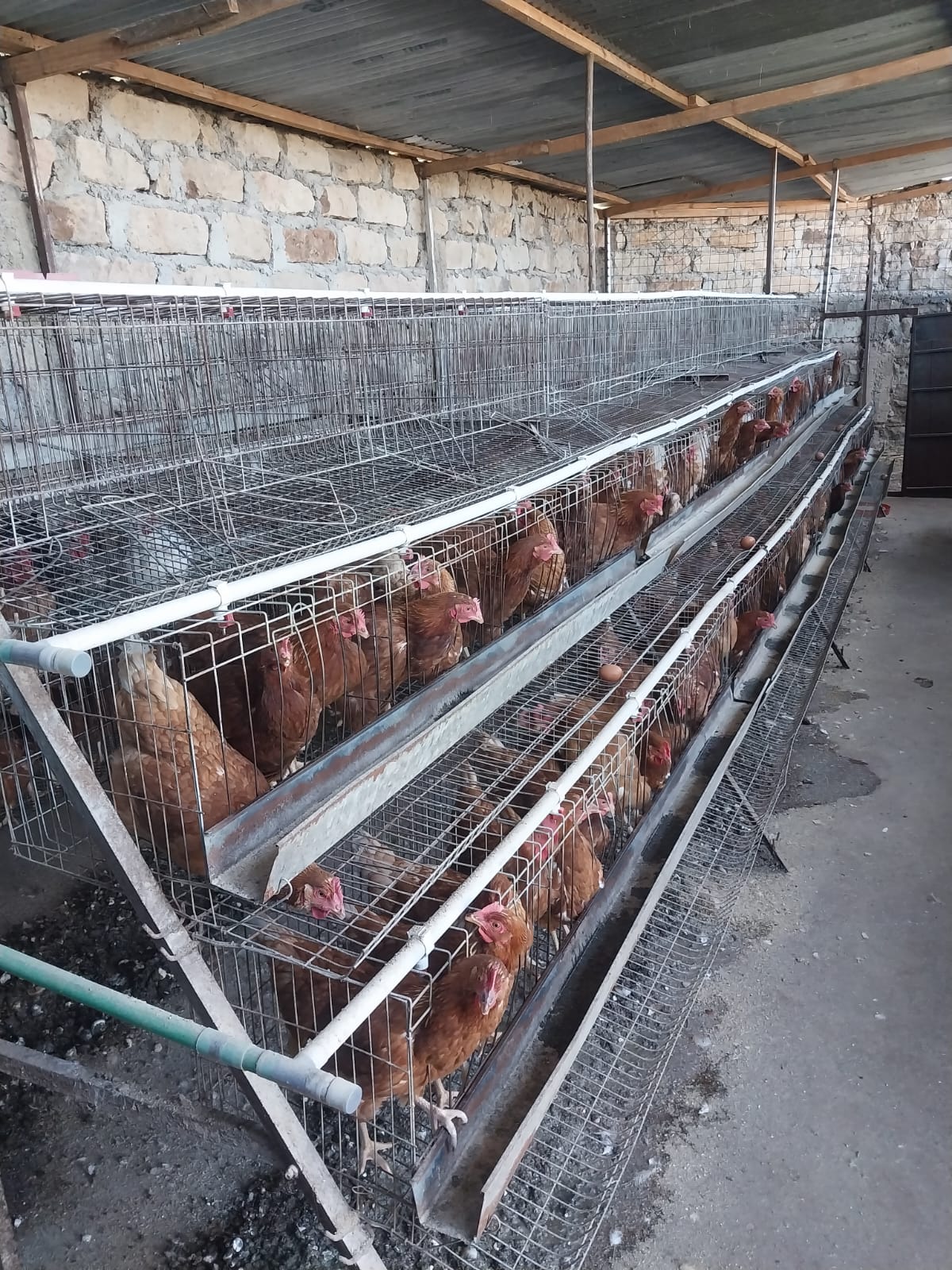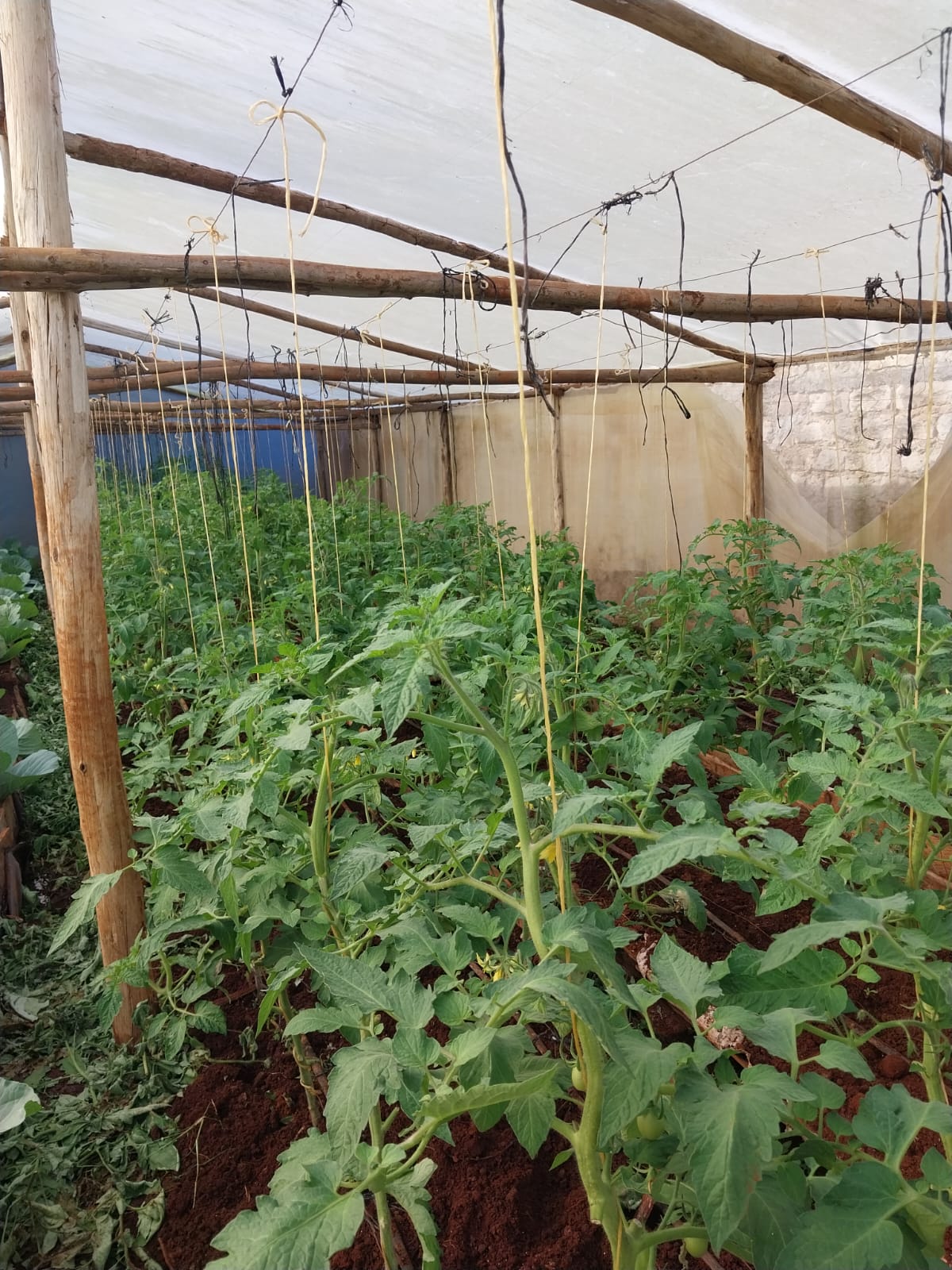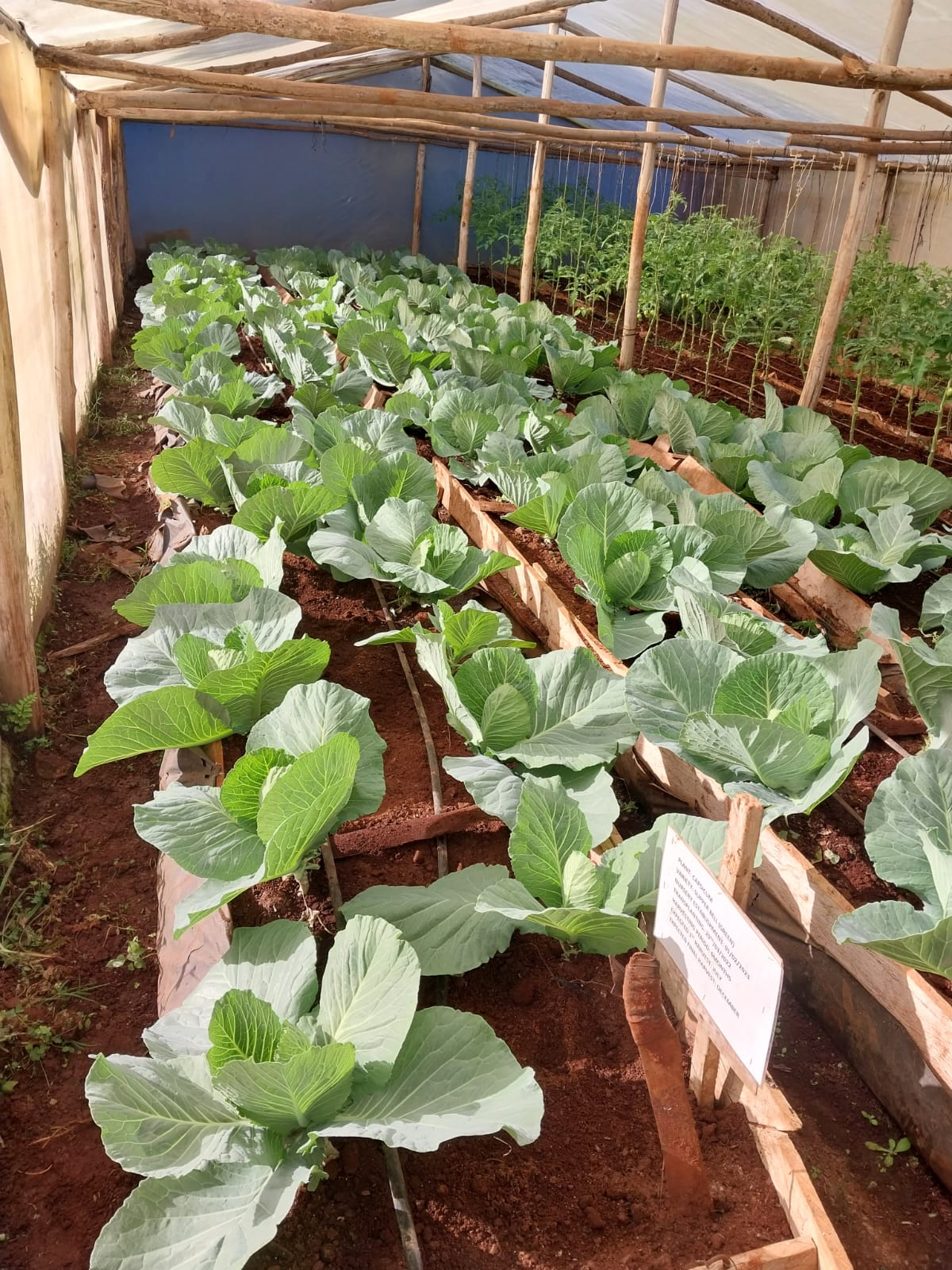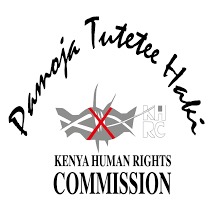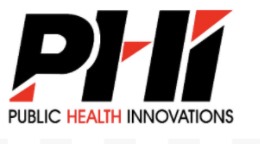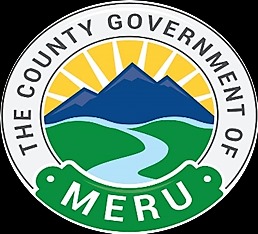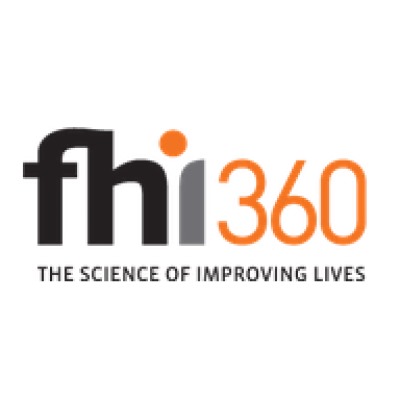RESPONDING TO THE CHALLENGES
In response, EMAC through constant consultations with these marginalized populations, coupled with 10 years’ experience of grassroots movement building with these populations designed this simple, tested & tried, sustainable and resilient Social Enterprise programming transformation Strategy. The strategy builds an enterprise ecosystem of a robust cooperative system: to farm raw materials for processing poultry feeds, rear poultry, Pig, green energy(biogas) and vegetable seedlings propagation. The cooperative through loan products contracts Beneficiaries to farm raw materials for feeds processing factory, rear poultry, Poultry faeces/waste is dried and enriched to feed Pig farming, Pig waste generates biogas, biogas powers poultry-brooder to raise chicks, and biogas sludge is packaged as green bio-fertilizer sold to vegetable farmers. The project is emboldened in climate justice principles of
Human rights
Protecting the human rights of all people, especially those who are vulnerable
Intergenerational justice
Protecting current and future generations from the negative effects of climate change.
Transition costs
Wealthier actors should provide support to poorer actors to help share the costs of the transition to a climate-friendly economy.
Equity
Fair distribution of the costs and benefits of climate change and its solutions
Gender equality
Gender equality is a key component of effective climate action
Stewardship
Acknowledging the need to manage the world's resources equitably.

